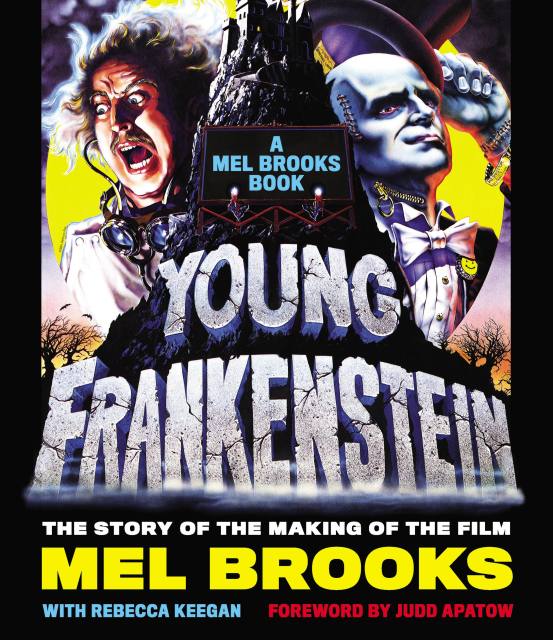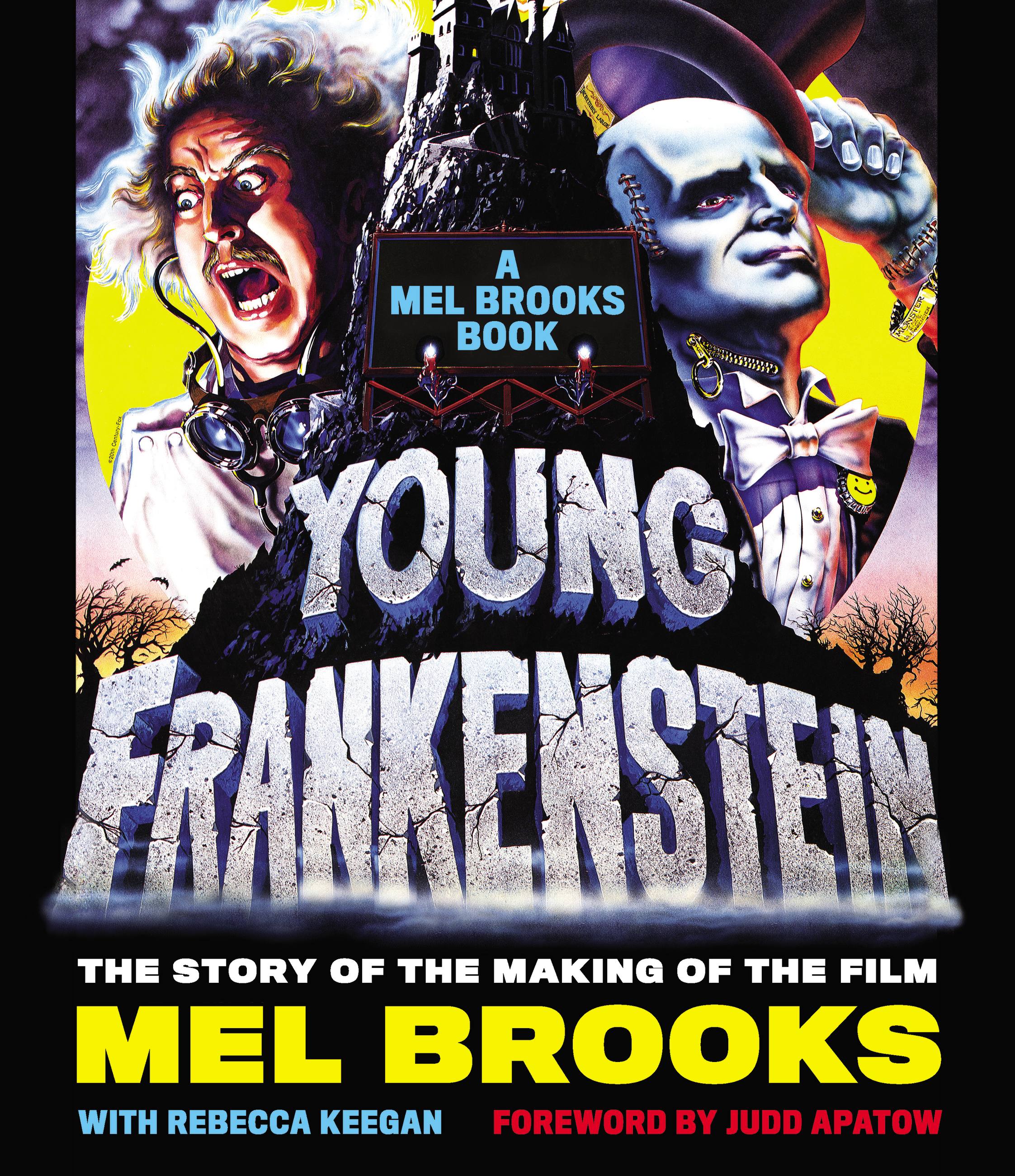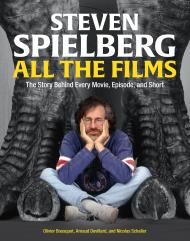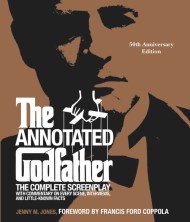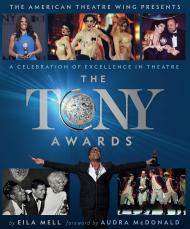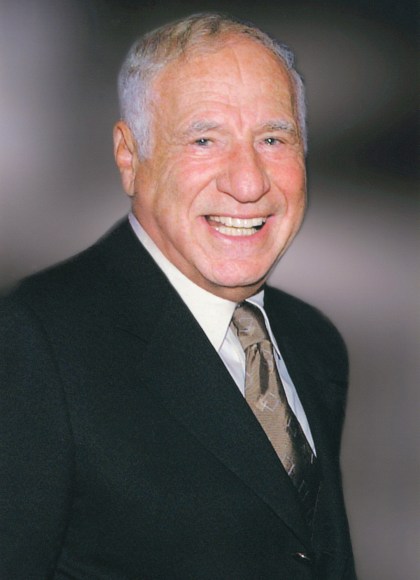Promotion
Use code MOM24 for 20% off site wide + free shipping over $45
Young Frankenstein: A Mel Brooks Book
The Story of the Making of the Film
Contributors
By Mel Brooks
Foreword by Judd Apatow
Formats and Prices
Price
$16.99Price
$20.99 CADFormat
Format:
- ebook $16.99 $20.99 CAD
- Hardcover $29.99 $38.99 CAD
- Audiobook Download (Unabridged)
This item is a preorder. Your payment method will be charged immediately, and the product is expected to ship on or around October 18, 2016. This date is subject to change due to shipping delays beyond our control.
Also available from:
Young Frankenstein was made with deep respect for the craft and history of cinema-and for the power of a good schwanzstucker joke. This picture-driven book, written by one of the greatest comedy geniuses of all time, takes readers inside the classic film’s marvelous creation story via never-before-seen black and white and color photography from the set and contemporary interviews with the cast and crew, most notably, legendary writer-director Mel Brooks.
With access to more than 225 behind-the-scenes photos and production stills, and with captions written by Brooks, this book will also rely on interviews with gifted director of photography Gerald Hirschfeld, Academy Award-winning actress Cloris Leachman and veteran producer Michael Gruskoff.
Mel Brooks is an American film director, screenwriter, comedian, actor, producer, composer and songwriter. Brooks is best known as a creator of broad film farces and comic parodies including The Producers, The Twelve Chairs, Blazing Saddles, Young Frankenstein, Silent Movie, High Anxiety, History of the World, Part I, Spaceballs and Robin Hood: Men in Tights. More recently, he had a smash hit on Broadway with the musical adaptation of his first film, The Producers. An EGOT winner, he received a Kennedy Center Honor in 2009, the 41st AFI Life Achievement Award in June 2013, and a British Film Institute Fellowship in March 2015. Three of Brooks’ classics have appeared on AFI’s 100 Years . . . 100 Laughs list. Blazing Saddles at number 6, The Producers at number 11, and Young Frankenstein at number 13.
Judd Apatow is one of the most important comic minds of his generation. He wrote and directed the films The 40-Year-Old Virgin (co-written with Steve Carell), Knocked Up, Funny People, and This Is 40, and his producing credits include Superbad, Bridesmaids, and Anchorman. Apatow is the executive producer of HBO’s Girls.
Genre:
- On Sale
- Oct 18, 2016
- Page Count
- 200 pages
- Publisher
- Black Dog & Leventhal
- ISBN-13
- 9780316315463
Newsletter Signup
By clicking ‘Sign Up,’ I acknowledge that I have read and agree to Hachette Book Group’s Privacy Policy and Terms of Use
